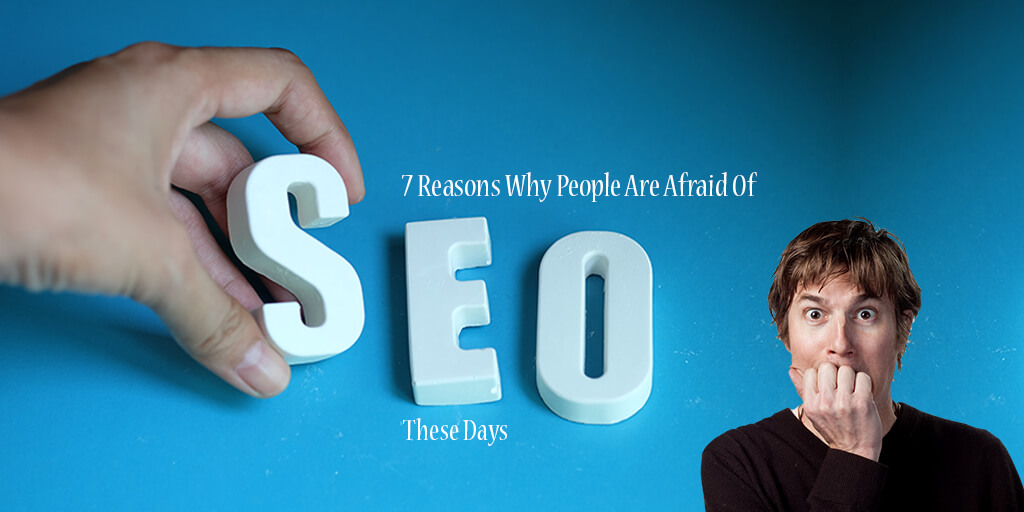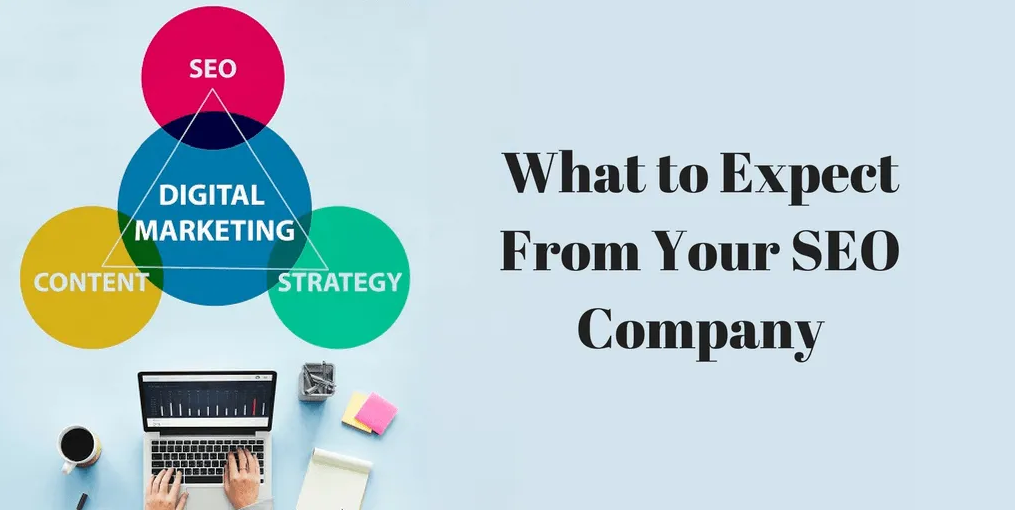If you’re a small business owner, you have likely heard at least one person suggest that you learn SEO (search engine optimization) and implement an online strategy for your business. After all, most people first look to the internet – either on their smartphones or computers – to find any business or service.
You understand that you need a website, and that it requires a little work for it to show up on the search engines. And so you spend some time – maybe outsource the process – and build a basic website for your business. Maybe you use a pre-made template to get the website up and running.
Then, not much happened.
It turns out that, despite your best efforts, the website isn’t “optimized” enough.
You understand that, but you didn’t want to deal with all that “SEO stuff.” From everything you heard, search engine optimization takes too much time, is too technical, and doesn’t guarantee significant results. So why bother?
A lot of small business owners feel this way. They hear about how necessary it is, but still hesitate to get started on their own or hire an agency.
Let’s take a look at a few aspects of SEO that make newcomers hesitant about embracing and using it:
1. It’s Not a Magic Formula
If you think that SEO is the magic potion for immediate online success and profit, you’ll be sorely disappointed and frustrated. SEO is valuable to your business’s profitability, but it will take time before you’ll see a return on investment (see below for more details on that).
In business, every strategy and campaign must yield measurable, significant ROI. If it is something that won’t help grow your business, you won’t do it. Because the ROI from SEO is slow in arriving, many small business owners feel that SEO doesn’t have any significance and therefore they relegate it to a lower priority.
Those new to SEO will pour a lot of time and money into it and are often frustrated by the lack of results. This makes many business owners reluctant to begin an SEO campaign and to stick it out for the long haul.
The results will eventually come if the strategy is done right. They just won’t be immediate.
SEO is an invaluable strategy for one’s business and should not be ignored. Be patient and look for logical processes, not magic.
2. It Takes Too Much Time
Those new to SEO think that this kind of online marketing strategy is a long, complicated process that includes many parts. While there are a lot of factors to consider when optimizing your website, they don’t need to be all done at the same time.
Similar to point #1 above, those new to SEO are also often reluctant to start a pricey and time-consuming SEO strategy when it appears that all the work and effort is done in vain. Again, be patient.
There are a couple options for busy business owners tackling SEO. The first option is to hand over all the SEO tasks and responsibilities to a digital marketing agency. When you simply don’t have the time to do it yourself, of course, you can delegate the entire process to an SEO company. This way, you can spend your time running your business while the agency runs the online campaign.
The other option is to tackle the SEO yourself. Don’t start off trying to do it all, but piecemeal it a little bit at a time. You’ll save money and learn about SEO, but you’ll spend a lot of time in the process.
3. SEO is Too Technical
Many small business owners new to SEO have this idea that SEO is a complicated, technical process that is done by a web developer or a “smart computer nerd.” They feel unqualified to implement SEO, or even attempt to learn it.
Many elements of SEO, however, can be done by virtually anyone. You don’t need a background in technical computer networking or development. Basic SEO is easy to learn and only takes a few hours of learning. When your company is young and you’re new to SEO, it is best to only focus on implementing a few, simple, fundamental SEO elements and tactics.
There are many technical elements to it, too (we’ll get to those in a moment), and many small businesses are worried that agencies will try to overwhelm them with a ton of industry specific terms and strange claims.
Don’t let that worry you, though. Just explain your concerns and ask plenty of questions, and a good agency will walk you through every part of the strategy.
4. The Punishment and Penalties
If you’re pursuing SEO yourself, you’ll inevitably hear of Google’s SEO penalties. It is true that there are a lot of potential penalties out there for the unwary. And if you’re doing SEO on your own you may read about a foolproof method to achieve rankings, just to find out a month later that this is one of the things Google absolutely despises.
We understand that you may be concerned about this kind of thing, which is why it’s so important to build strategies around the known best practices. This is another reason why many small businesses prefer using agencies for this work – as long as they have a long history of providing effective strategies that don’t risk the wrath of Google.
5. Their Brand May Appear Gimmicky
Some business owners are reluctant to begin and implement an SEO strategy because they believe doing so would make them look gimmicky. This is usually because they’ve read about or seen instances in which SEO is used as a questionable strategy to earn and buy traffic.
While SEO in the past had earned a bad reputation for being just that: a cheap, gimmicky way to cheat the search system and buy traffic, it has since changed. SEO now aims to provide web users valuable information, not merely tricking search engines.
It’s easy to fixate on many of these old tactics, and if you know what you’re looking for, you can spot the SEO tactics on a website. But, in general, the best SEO practices have moved away from the formulaic processes. The technical aspects of SEO should remain in the background. The writing and the design, though, should be more directly related to the user experience.
6. Getting Traffic but Not Customers
One of the widely talked about aspects of SEO are keywords. Keyword research and targeting is a common tactic that is immediately initiated when you start up a new campaign. If you’re doing this on your own, you may immediately run into the vast number of relevant keywords and feel a bit overwhelmed with the possibilities.
How do you decide which ones to focus on for your SEO strategy?
Learning about keyword analytics and coming up with buyer personas can help you get an idea which words your website is already ranking for and which ones searchers are using to find your website. You can also identify keywords based on volume, relevance and level of competition.
The more that you analyze your site and find patterns in keywords, the quicker and easier it will be to identify keywords that target the audience that is ready to convert from normal traffic to paying customers.
7. SEO’s Complexity
You were probably a little surprised when you first found out about all the factors that are taken into account to rank websites. In fact, it is estimated that there are more than 200 factors Google considers when ranking websites (and some say that “200” is just a convenient round number and that the actual number of ranking factors is much higher).
How can you possibly tackle all of them? The apparent complexity of SEO is often enough to scare away business owners who don’t want to take the time and effort to deal with it all. Or, they may go the other way and begin to fixate on a single ranking factor, sure that it is key to their ultimate success and let the others
Some business owners are content with learning about and implementing a few basic SEO strategies for their websites. This is a good start, but the full power and potential of SEO will never be fully realized.
While large companies with huge budgets may be able to deal with these complexities all at once, smaller companies can focus on slowly implementing more elements over time. The slow-and-steady approach may not seem as spectacular, but you can build your rankings and customer base over time.
It is understandable that you may be hesitant and leery of taking the time and effort and making the investment in SEO. If you’re new to SEO, these fears are common. Knowing what to expect from an SEO strategy beforehand can help calm some of those fears.
SEO does take time, money and effort. The fears that SEO is too complicated, technical, gimmicky and involve possible penalties are common misconceptions people new to SEO have. Once you learn more about SEO yourself, you’ll become more comfortable and confident to implement your own strategy or work closely with an agency.













